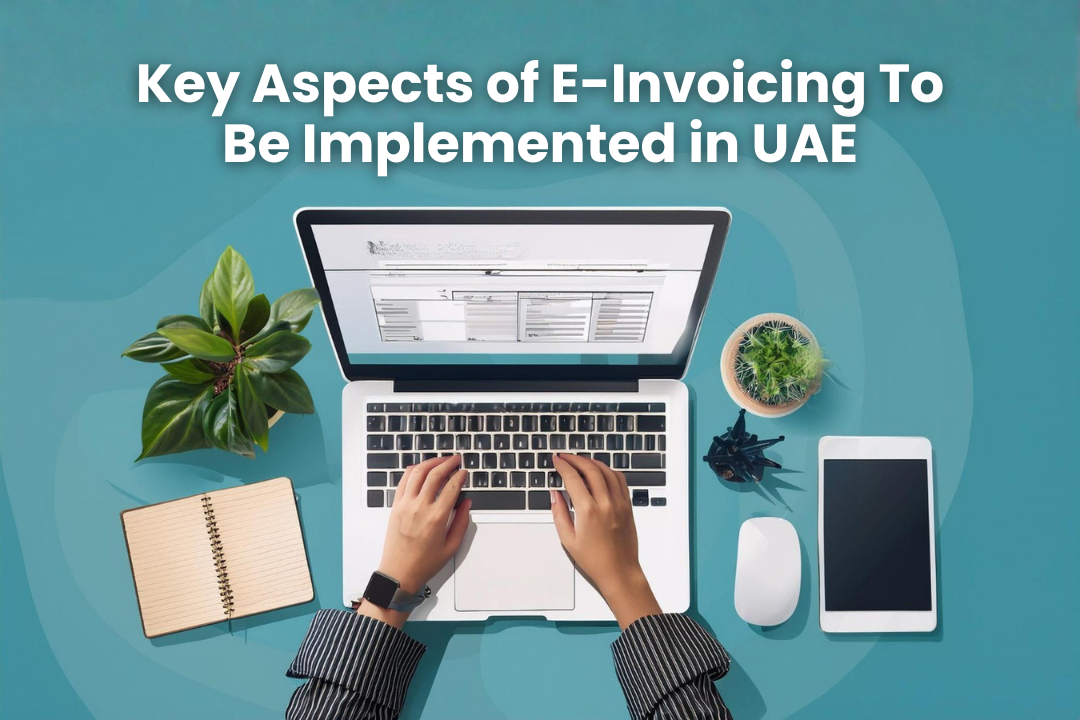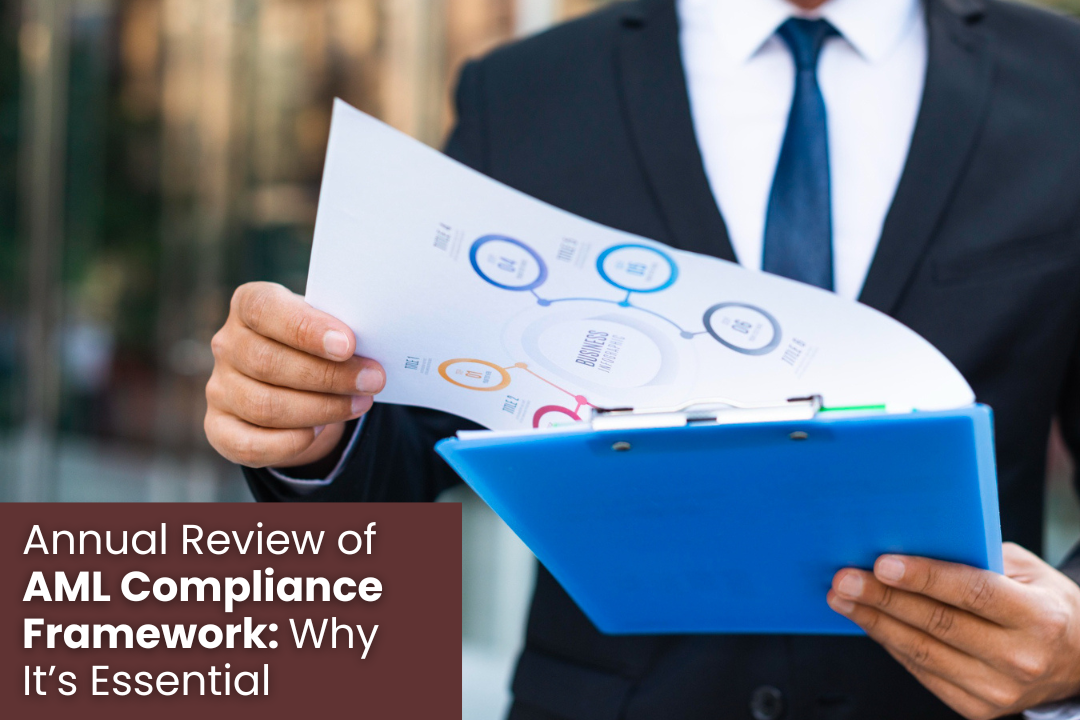The UAE has strengthened its UAE AML laws, requiring Designated Non-Financial Businesses and Professions (DNFBPs) to navigate regular Anti-Money Laundering inspections conducted by the Ministry of Economy. These inspections are designed to ensure compliance with regulations—such as Federal Decree-Law No. 20 of 2018 and its implementing guidelines—and to root out financial misconduct. Proper preparation not only helps avoid penalties but also builds stakeholder confidence and reduces risk exposure.
What to Expect During an AML Inspection
As noted by AML UAE, inspections typically cover the effectiveness of your AML/CFT program—particularly your risk assessments, internal policies, staff training, and reporting mechanisms. Inspectors review if your business has accurately documented:
- Risk-based internal controls
- Up-to-date Customer Due Diligence (CDD) records
- Suspicious Transaction Report (STR) protocols
- Staff training logs
- Internal audit findings
The goal is to confirm that your AML program is functioning properly and complies with the UAE’s stringent regulatory requirements.
Why AML Inspections Matter
Anti-Money Laundering (AML) inspections are not just a regulatory formality—they are a critical mechanism for safeguarding the integrity of the UAE’s financial and non-financial sectors. With the UAE actively working to align with global standards such as those set by the Financial Action Task Force (FATF), AML inspections have taken center stage in the country’s compliance landscape. These inspections, carried out by the Ministry of Economy and other competent authorities, ensure that businesses—especially Designated Non-Financial Businesses and Professions (DNFBPs)—are taking effective measures to detect and deter money laundering and terrorist financing activities.
Failing to prepare adequately for these inspections can lead to serious repercussions, including substantial administrative fines, reputational damage, license suspension, or even criminal liability in severe cases. On the other hand, a successful inspection can demonstrate a business’s commitment to ethical operations and regulatory compliance.
AML inspections also provide an opportunity to identify weaknesses in internal systems, strengthen procedures, and boost overall resilience against financial crime. In short, these inspections are essential not just for compliance, but for building trust with stakeholders and maintaining long-term business sustainability in the UAE’s highly regulated environment.
Let’s discuss some of the reasons why AML inspections are important.
- Avoid Legal Sanctions: Non-compliance can result in fines up to AED 5 million, professional bans, or license revocation.
- Validate AML Effectiveness: Inspections verify whether your policies are actively deterring money laundering activities.
- Boost Reputation: Successfully passing inspections reassures clients, regulators, and financial partners of your integrity.
Four Steps to Prepare for an AML Inspection
Preparing for an AML inspection under UAE AML laws involves a proactive and structured approach to ensure that your business is fully compliant with regulatory expectations. The first step is to conduct a thorough internal AML/CFT risk assessment, evaluating your exposure to potential money laundering and terrorist financing risks based on the nature of your business and clients.
Next, businesses should review and update their AML policies, procedures, and controls, ensuring they align with the latest regulations issued by the Ministry of Economy and other authorities.
The third step is to train employees regularly on AML obligations, red flag indicators, and proper documentation practices to strengthen internal awareness and readiness.
Finally, businesses must ensure accurate and timely documentation of all transactions, customer due diligence (CDD) files, and suspicious activity reports (SARs), which are key elements inspectors typically review.
These steps are crucial for demonstrating a robust AML framework and avoiding penalties during regulatory inspections.
1. Conduct a Risk-Based Assessment
Implement a dynamic risk assessment that factors in geographic reach, new products, and client profiles. Maintain current documentation to demonstrate risk awareness.
2. Establish Tailored Policies and Controls
Develop clear internal procedures for transaction monitoring, STR reporting, escalation pathways, and record keeping. Ensure policies align with your specific risk profile.
3. Train Your Staff Regularly
Keep employees updated on AML best practices—from identifying red flags to following reporting procedures. Regular training shows your commitment to compliance.
4. Perform Mock Audits
Conduct internal or third-party reviews to test your AML program’s effectiveness, identify gaps, and implement improvements before regulators arrive.
After the Inspection: Responding Effectively
After the inspection is complete, regulators will provide a report highlighting any compliance gaps. It’s important to:
- Address findings promptly and transparently
- Update policies and procedures based on actual weaknesses
- Re-train staff where necessary
- Be prepared for follow-up audits by documenting corrective actions
Conclusion
Preparing for AML inspections under UAE AML laws requires more than just compliance – it involves adopting a risk-aware mindset, fostering strong internal controls, and demonstrating operational transparency. By proactively working with anti-money laundering services UAE providers, businesses can confidently navigate these inspections, avoid legal pitfalls, and build trust with regulators and patients alike. Want a streamlined inspection readiness process tailored to your business needs? Auditac International offers expert support for AML/CFT assessments, mock inspections, and compliance enhancement across the UAE—including anti-money laundering services in Abu Dhabi, Dubai, ADGM or DIFC. Let us help you stay inspection-ready—reach out today!












